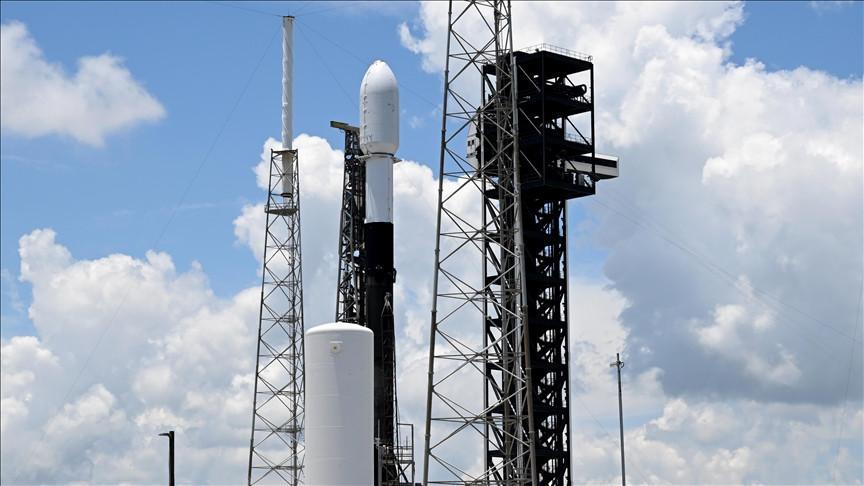Salafism, secularism, laicism and Islam
TAYFUN ATAY
Let’s round it all up: Is there an outcome that would prove right Samuel Huntington, who predicted in the mid-1990s that there would be a "clash of civilizations"? Is it possible to say that this is a clash between Islam and the West?I opt for the assessment that what we are experiencing is a fight between Salafism and secularism. It is possible to find Islam on both sides of this fight. We can talk about a Salafi Islam as well as a “secular” Islam. Actually, Turkey’s experience in recent history accommodates an enormous build-up for the second of these in terms of effective functioning.
Of course, you might say that under the “secular” image, violence, massacres and bigotry continue. Indeed, starting with PEGIDA, the racist-fascist formations mobilized against Islam and Muslims in the West are secular movements.
However, beyond being a lifestyle, secularism or laicism - which was born out of the French experience and which has found widespread usage and understanding in Turkey - is a living political-social principle providing the togetherness of differences. All this is possible and in accordance with Islam.
I am guessing that the biggest opposition to the above will be over the difference between laicism and secularism and the mistake of using them in place of one another. One could say that there has been an attempt to impose an “official” laicism on society since the beginning of the republic; that the move to take French laicism as a basis instead of Anglo-Saxon secularism is the reason for the tension and coldness between state and society in Turkey. One could suggest that using laicism and secularism in place of each other, as I have done above, or using them together, is a mistake.
It is true that the concept of secularism is mostly interchangeable with laicism in a society that, let alone its meaning, is not even accustomed to its pronunciation. In addition, those who want to articulate a separate phenomenon and principle to the "statist laicism" present in Turkey continue to use the expression "secularism" at the cost of not being understood properly.
Nevertheless, I don't think "laicism" and "secularism" should be used as completely different concepts without any common denominator. In many contexts, they can be used in place of each other.
As a root, "laic" means "layman," but its real meaning comes from its antonym. "Laic" is the opposite of "cleric." In other words, "laic" is the name of the non-clergy - people who are not involved with the church. The duo “laicus-clericus” gain their meanings as opposites of each other.
Even though the term "cleric" defines a Christian clergy class that does not exist in Islam, if we use it in a more general and flexible meaning, it can be said that it corresponds to an expert who knows religion, is a religious scholar or is an expert in religious affairs and issues.
Its opposite, "laic," on the other hand, defines an ordinary person who - even if they are religious - does not have the expertise and authority to discuss religion.
When this distinction first emerged, it was a time when religious knowledge meant the whole of knowledge; the cleric-laic distinction meant a distinction between literate and illiterate people.
In the modern world where everybody is literate and has a profession, the corresponding meanings have been exceeded and overridden, but the meaning of "laic" corresponding to a person who is not a religious scholar has remained. Meanwhile, the archaeological structure of the word invalidates the widespread opinion in Turkey that “a person cannot be laic; only states can be laic,” because the word defines, as a root, a person who is religious but not a scholar. But is it the laicism of the state that is important in today’s world.











